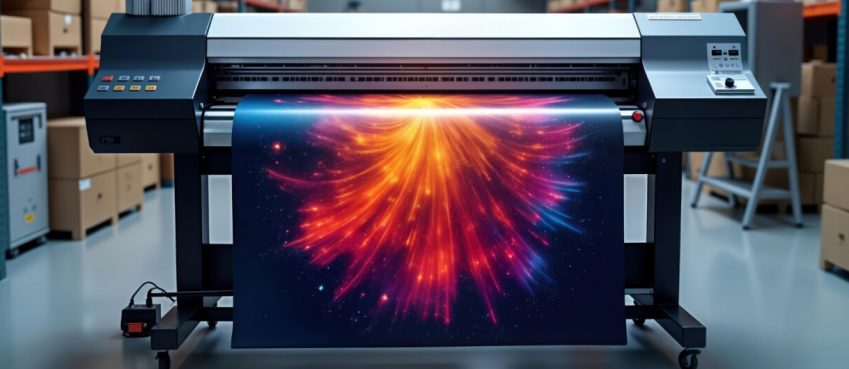
Precast concrete is an all-purpose construction material used for commercial building projects. Concrete is also one of the most versatile materials that can be implemented in commercial construction projects. Using concrete for constructing a commercial building cement makes safer to use compared to using most other building materials.
In any building, cement will be a major building material, but it is a better material for commercial buildings. Because cement is a major component in buildings, it is given priority to timber as the building material. Both cement and concrete are essential in construction, cement being the end product used during construction.
Versatile
Concrete is one of the only construction products used in all aspects of building, serving many purposes. Concrete is one of the most widely used materials in construction as it checks all of the right boxes for contractors and builders. Concrete is a popular material for a number of building applications, being used extensively due to its durability, longevity, reflective qualities, and versatility.
Also read: Chromecast vs Firestick: Which Is The Better Streaming Device? (A Complete Guide)Cost-Effective
Construction projects can cost slightly more upfront than steel or wood-based alternatives. However, concrete versatility and durability typically mean it is low-maintenance and long-lasting which results in much cheaper costs over the lifetime of the project. Technologies such as crystalline waterproofing allow concrete to be water resistant and prevent mold and water damage. Concrete can also be sourced locally and can even be recycled. Another cost-related advantage of concrete and cement is that insurance is typically cheaper due to its water and fire-resistant properties.
Excellent Material For Long Term Construction
The myriad properties of cement make it an incredibly important material to the building industry, and it is the preferred choice of many cement contractors. The durability of cement makes it an excellent material for permanent buildings as well as other structures such as bridges, or even levees. The durability of cement has made it essential to the building of permanent buildings and for stronger structures such as bridges and dams.
The durability of concrete has made it important for buildings, foundations, water-treatment facilities, Factories, major industries, and other numerous types of structures. For this kind of easy-to-use, cement is a highly-workable material, which is also excellent in larger-scale building projects.
Different Types of Concrete and Cement For Different Purposes
Plain cement is used for buildings, dams, paving, and other projects in which very high strength is not required. Plain concrete is primarily used for constructing sidewalks and buildings where very high tensile strength is not required. Concrete has a number of different uses, and is commonly used to build buildings, pavements, curb lanes, and a variety of other structures. Few construction materials offer the level of longevity that it provides to building projects, and they can be produced at any location that has concrete, sand, and water available.
Foundations for tall buildings, as well as those for lower buildings, are typically built using reinforced cement concrete because it is strong and has tremendous load-bearing capabilities.
Concrete is perfect for constructing structures like industrial buildings, warehouses, manufacturing plants, retail stores, office buildings, restaurants, clubs, hotels, etc. It is a great idea to learn about cement because chances are you will use it for building repair or remodeling projects. This resource will help facility owners and managers have a better understanding of different uses for cement in their building repair, remodeling, and building needs. All this means that concrete is one of the greenest building materials out there, and many believe it is at the heart of sustainable commercial buildings.
Top 10 News
-
01
Top 10 Deep Learning Multimodal Models & Their Uses
Tuesday August 12, 2025
-
02
10 Google AI Mode Facts That Every SEOs Should Know (And Wha...
Friday July 4, 2025
-
03
Top 10 visionOS 26 Features & Announcement (With Video)
Thursday June 12, 2025
-
04
Top 10 Veo 3 AI Video Generators in 2025 (Compared & Te...
Tuesday June 10, 2025
-
05
Top 10 AI GPUs That Can Increase Work Productivity By 30% (W...
Wednesday May 28, 2025
-
06
[10 BEST] AI Influencer Generator Apps Trending Right Now
Monday March 17, 2025
-
07
The 10 Best Companies Providing Electric Fencing For Busines...
Tuesday March 11, 2025
-
08
Top 10 Social Security Fairness Act Benefits In 2025
Wednesday March 5, 2025
-
09
Top 10 AI Infrastructure Companies In The World
Tuesday February 11, 2025
-
10
What Are Top 10 Blood Thinners To Minimize Heart Disease?
Wednesday January 22, 2025







